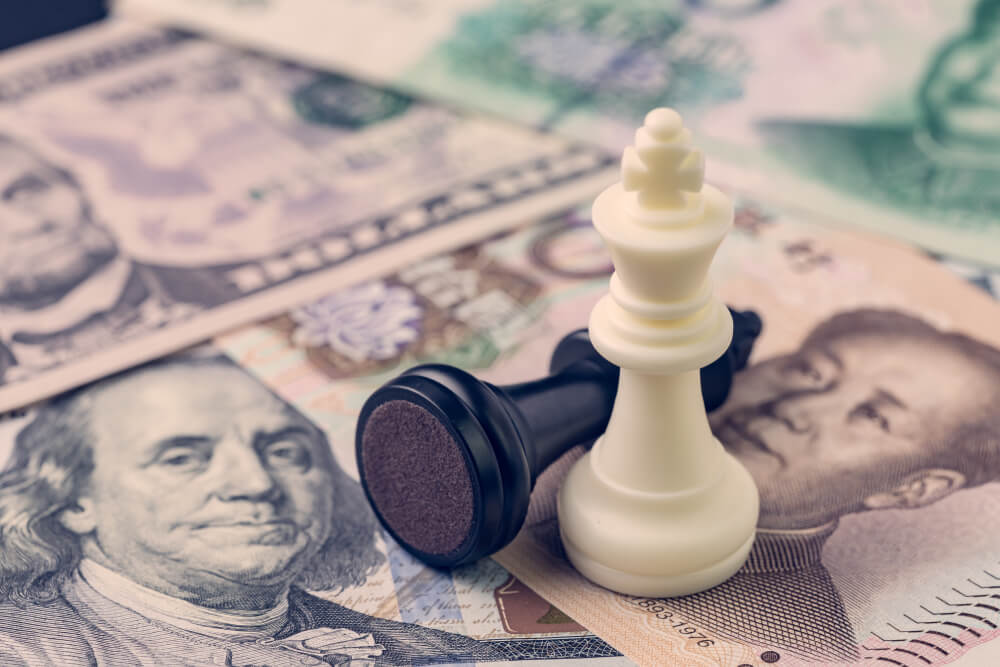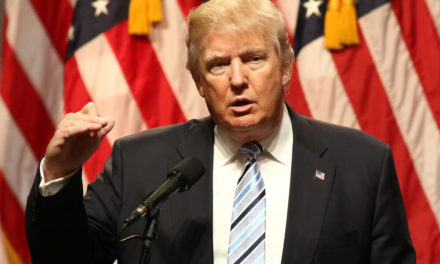Commerce Secretary Wilbur Ross said in an interview Monday that President Donald Trump’s tariffs are having the intended effect of hurting China’s economy and its ability to create new jobs to stave off growing social unrest.
“I think China wants to get it resolved. Their economy’s not doing well. I think that gives them a great incentive to negotiate.”
The slowing of China’s economy is a “big problem in their context of having a very big need to create millions of millions of jobs to hold down social unrest coming out of the little villages,” Ross said on CNBC’s “Squawk Box” program. “That creates a real social problem. That’s a very disgruntled group of people.”
The Trump administration is banking on such unrest giving the U.S. leverage heading into talks to end the ongoing trade war. Deputy U.S. Trade Representative Jeffrey Gerrish is leading the U.S. team during two days of discussion with China.
Trump sounded optimistic about trade talks on Sunday.
“I think China wants to get it resolved,” Trump told reporters at the White House. “Their economy’s not doing well. I think that gives them a great incentive to negotiate.”
Trump and Chinese President Xi Jinping agreed to a ceasefire in the tit-for-tat tariffs battle that went on for much of 2018 that saw the U.S. slap China with tariffs on $250 billion worth of goods while Beijing countered. The sides agreed to work on a new agreement with a March deadline.
Per CNBC:
China faces a “binary decision,” according to Ross, on whether to face tariffs or cut a deal. The U.S. sells much less to China than China does to the U.S., he pointed out. Beijing is finding out how much it depends on the United States, he added in the “Squawk Box” interview. The Commerce secretary also said companies are moving manufacturing out of China. It’s not all coming to the U.S., he said, acknowledging some of it is moving to other Asian countries.
Ross also said he didn’t think Apple’s earnings guidance downgrade announced last week had anything to do with the talks. “Think about it, there have been no tariffs put on Apple products. So that’s not it,” he said.
Last week, Apple lowered its fiscal first-quarter guidance, blaming a variety of factors, including a weakening economy in China and lower-than-expected iPhone revenue. Shares of Apple sank nearly 10 percent on Thursday before recovering nearly half of those losses on Friday.
Trump’s threatened tariffs on all Chinese imports to the U.S. if there’s no trade deal would hit Apple since many of its components are assembled there.




